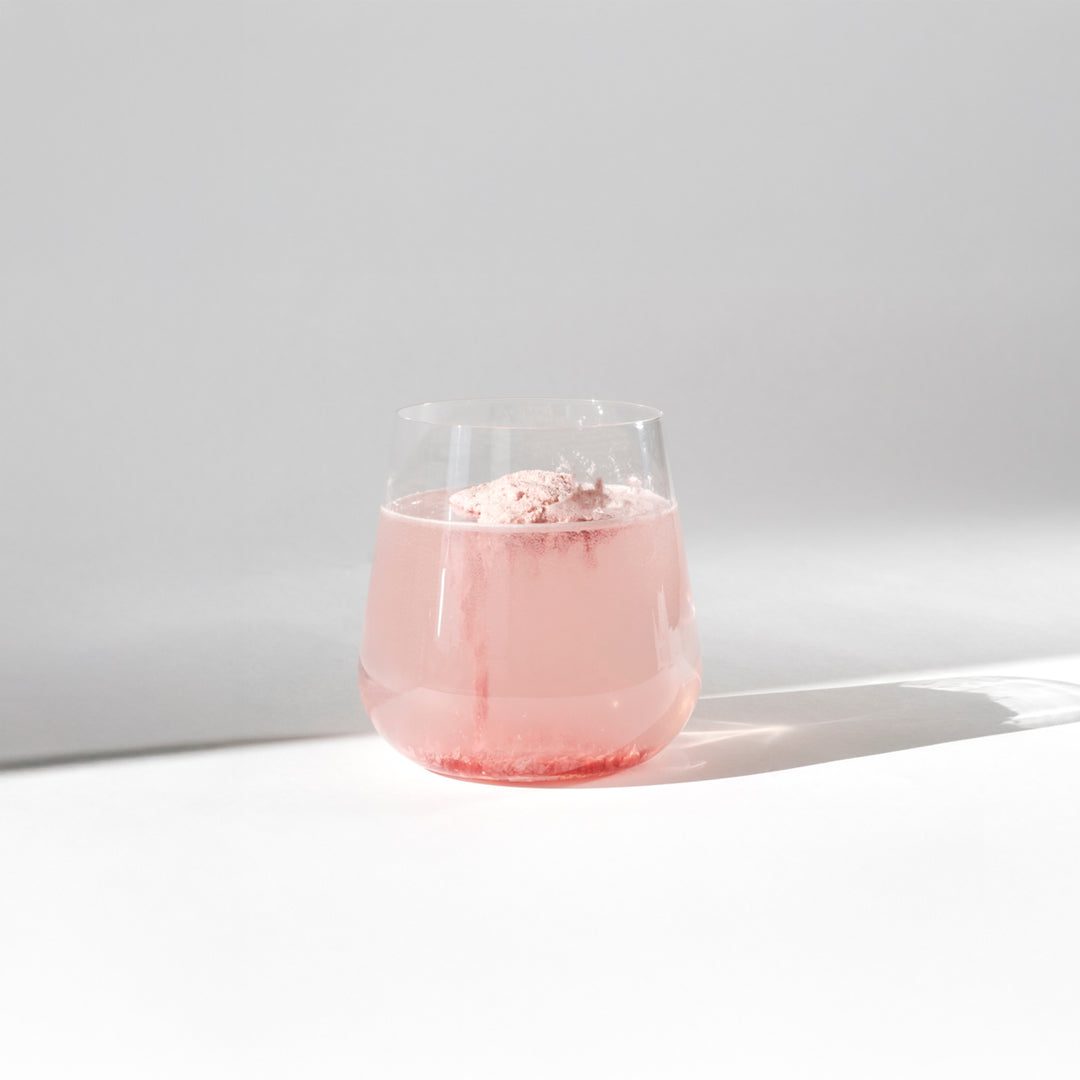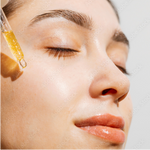Conseils d'expertsHow to take care of your tattoos?
By Frédéric Levy, co-fondateur de Biocyte et docteur en pharmacie
Updated on 23/02/2024
Reading time: 1 min
How to take care of your tattooed skin?
A tattoo is a jewel of skin that must be cared for regularly to maintain its shape and color for a long time. From the moment the tattoo artist finishes his work until the small wounds are completely healed, pamper your skin with appropriate care. Adopt a few simple and necessary habits to ensure your tattoo remains beautiful for the long term.
Maintaining a Newly Done Tattoo
Your tattoo artist will tell you that the final appearance of your tattoo depends largely on the care you give it during the
healing period . Allow 3 weeks to 3 months depending on the size of your skin jewel. Once the work is done, the tattoo artist disinfects the skin before covering it with a transparent film. To prevent bacteria from penetrating small wounds, keep this transparent film for at least 24 hours ideally.
When this period has elapsed:
— Carefully remove the bandage and clean the tattooed skin with warm water and an antiseptic solution. Avoid placing the tattoo directly under running water.
This cream soothes feelings of tightness and deeply moisturizes tattooed skin thanks to Tamanu oil, also known as the oil of a thousand virtues. This tattoo cream is also enriched with Aloe Vera, shea butter, and sunflower seed oil to protect tattooed skin from the harmful effects of the sun's rays. Directly from the Biocyte cosmetics range , this tattoo skin care product is suitable for all skin types. Apply it twice a day until the tattoo heals completely. Throughout this period, leave your tattoo uncovered if possible.
To optimize the long-term
protection and maintenance of your tattoo , Biocyte also offers
Tattoo Derm 2 — after-tattoo care . This cream from the
Tattoo Derm range is formulated with Tamanu oil and PCA, which guarantee optimal hydration of tattooed skin on a daily basis. The product also softens and smooths the epidermis thanks to allantoin, sage extract, and sweet almond oil. These two Biocyte products dedicated to tattooed skin are paraben- and fragrance-free. They have a non-sticky and light texture that makes them easy to apply on a daily basis.
Actions to avoid during the healing phase
A few days after the tattoo and until it is completely healed, you will feel itchy and this is completely normal. To avoid irritating the skin and to prevent the transmission of bacteria to the "injured" areas, certain actions and
habits should be avoided .
— Avoid rubbing or scratching the tattoo, even if the temptation is particularly strong.
— Avoid swimming and especially tanning. Prolonged contact with water can soften the skin and slow or even prevent healing. When showering, only use pH-neutral soap designed for sensitive skin.
— Avoid wearing clothing that is too tight or made of rough fabrics to limit friction with the skin. During the healing phase, choose loose-fitting clothing made of soft, smooth materials.
To keep the design perfectly intact, avoid intensive sports, which generally require stretching exercises. Tight-fitting sportswear can hinder healing, and perspiration can also damage the color.
Maintaining the beauty of your tattoo for a long time: the right reflexes to adopt
Tattooed skin is very sensitive to the sun, even after it has fully healed. The sun's rays can cause the tattoo to discolor, giving it a faded appearance. That's why it's essential to protect your skin at all times with an SPF sunscreen. Choose a high protection factor regardless of your skin type, especially if you plan to expose yourself to the sun.
Before, during, and after getting your tattoo, properly moisturize your skin with a moisturizer. This moisturizer leaves a hydrolipidic film on the skin's surface. This essential film strengthens the defenses of your skin's natural barrier against external aggressions. Weekly exfoliation also helps remove dead skin and promote skin cell regeneration. To avoid damaging the tattoo's color, use only a gentle exfoliating product. Avoid rubbing the skin too hard when applying the moisturizer.
During pregnancy, pay special attention to your tattoo, especially if it's located on your breasts, hips, or stomach, areas that are particularly prone to skin deformation. For example, apply a nourishing balm daily to maintain skin elasticity and prevent the tattoo from deforming. Use the nourishing balm from the beginning of your pregnancy until delivery.







